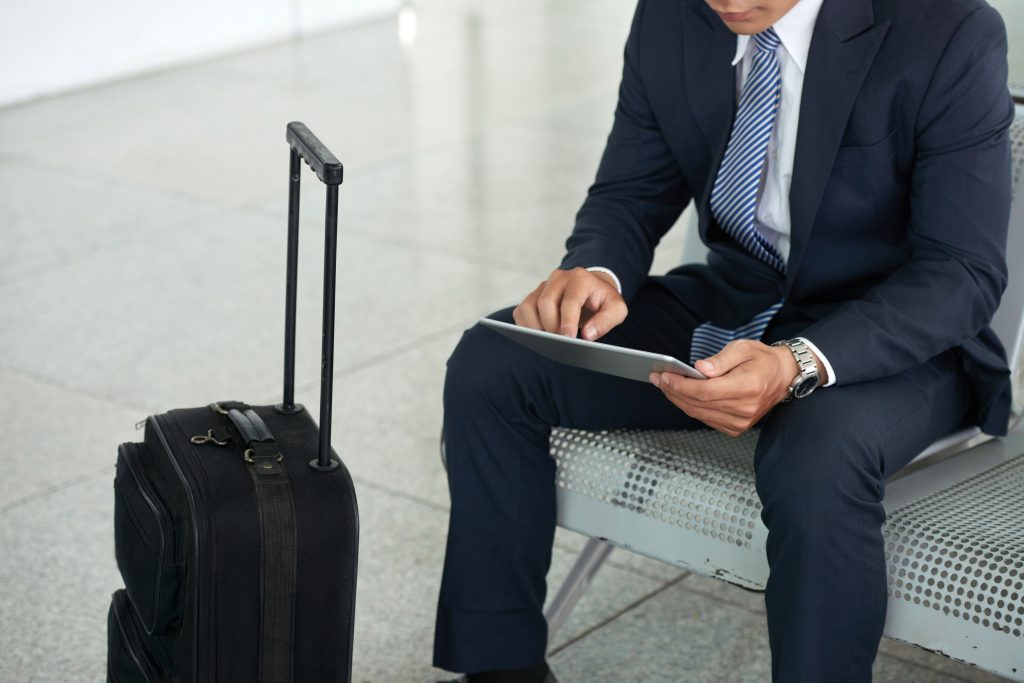Business travel carries cybersecurity risks, such as reliance on mobile devices for sensitive tasks and use of unsecured public Wi-Fi networks, which can expose information to potential attacks. In addition, caution should be taken against threats such as phishing, device theft and downloading unsafe applications, as well as avoiding the accidental leak of confidential information in public places.
According to the National Cybersecurity Institute (INCIBE), there are different advisable measures to avoid cybersecurity risks during business trips:
- Before traveling, it is important to keep devices updated with the latest versions of operating systems, ensure antivirus is installed correctly, back up data, and use strong passwords for user authentication.
- During the trip, it is essential to take precautions such as constantly protecting electronic devices, avoiding sharing sensitive information on social networks, refraining from using public Wi-Fi networks without deactivating synchronization, and locking devices with security measures such as access codes, facial or fingerprint recognition. You should also avoid using Bluetooth, do not share devices, refrain from connecting devices to unknown USBs, and be cautious with QR codes in public places to avoid possible cyber threats.
- After the trip, it is recommended to change your login details, perform a security scan on mobile devices for possible malware infections, and delete any suspicious emails.
In an increasingly connected world, protecting our data on business trips has become a priority. Information security is the foundation of business trust, and we must safeguard it at all times.
For more information contact INSSIDE

